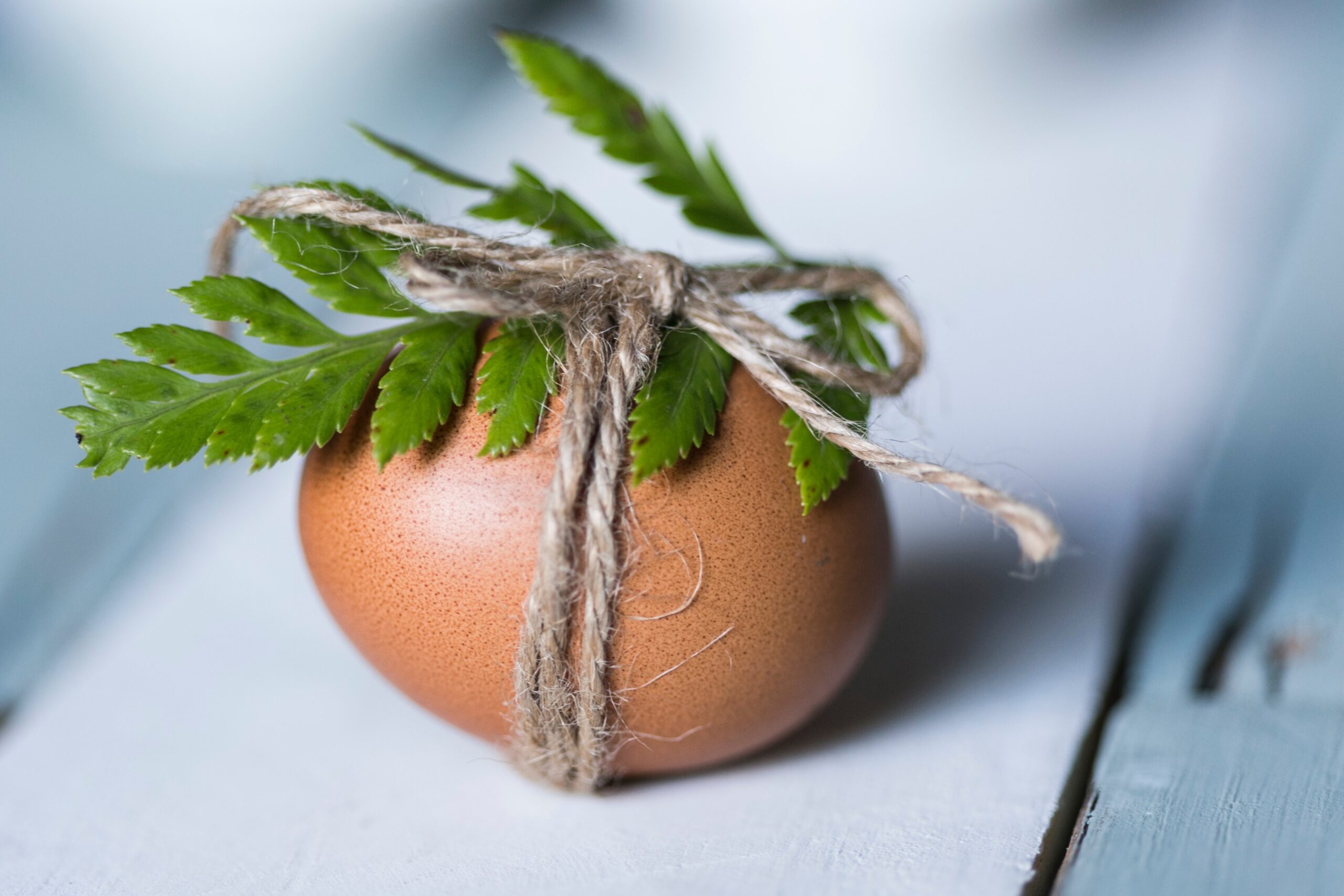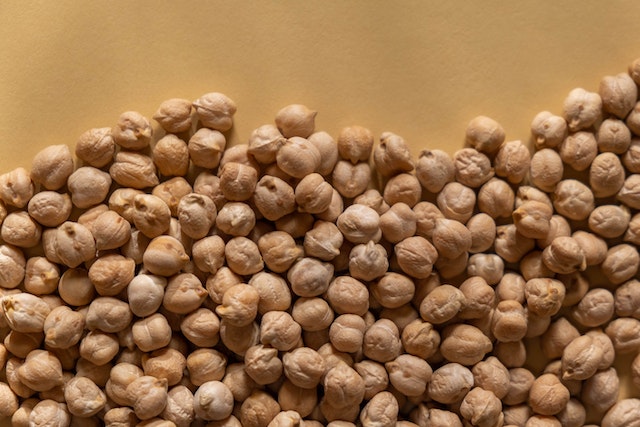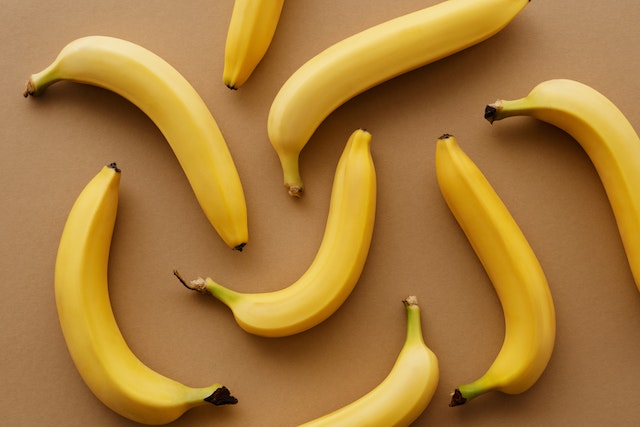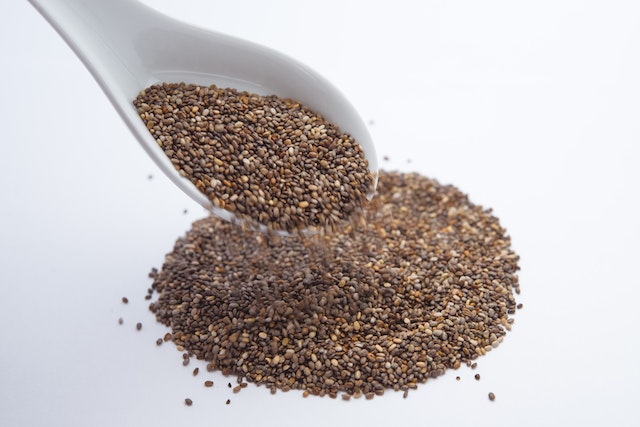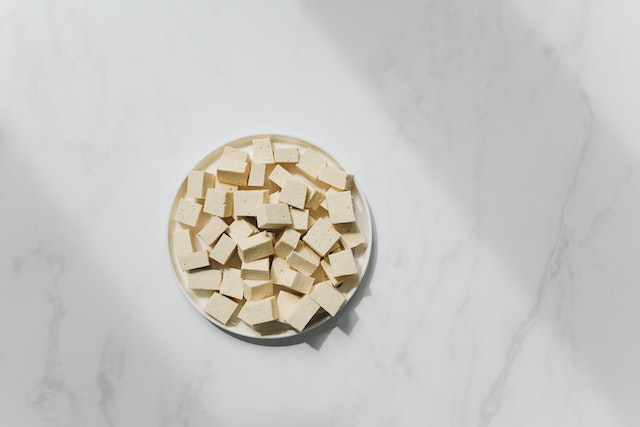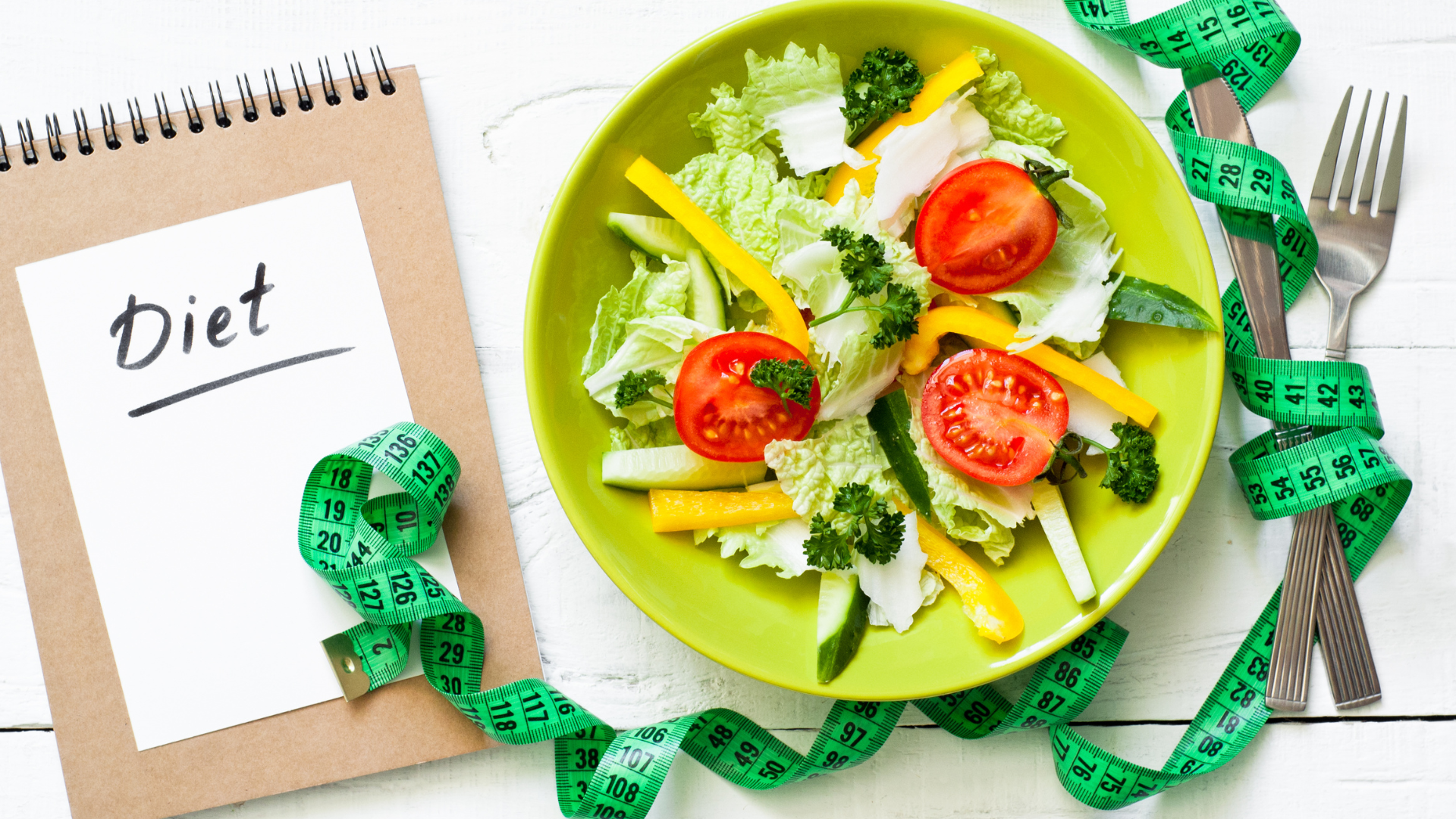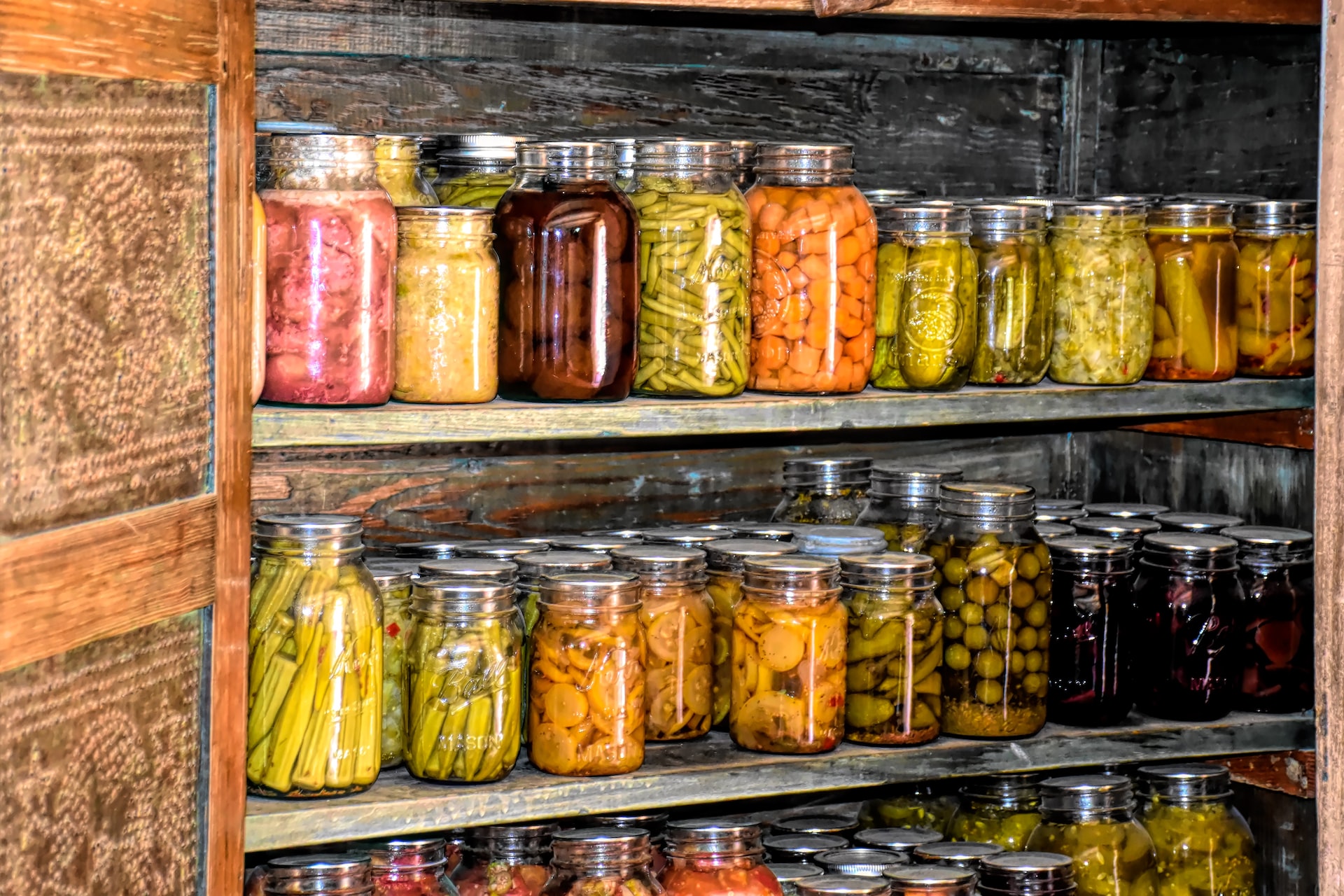If you’ve been grocery shopping lately, you know how expensive eggs have become. So now may be the time to make like Humpty Dumpty and fall…into some plant-based egg replacements. Corny…I know. Anywho, let’s discuss a few of my favorite plant-based egg replacement options.
WHAT DO EGGS DO IN A RECIPE?
Eggs are a pretty essential element in recipes for the functions they serve, including:
- binding ingredients together
- making baked goods light and fluffy by helping them rise
- providing structure to the finished product
- providing moisture to baked goods
Eggs are used from breakfast to dessert, so having options is good for both your diet choices and your wallet. You can replace eggs in any recipe using the options below. Choosing the correct substitute often require trial and error, so I do offer some helpful suggestions along the way. I have also done the “egg math” (how much you need to substitute for each egg) for you for each option. With that in mind, let’s get cracking (get it, like cracking an egg? womp, womp)…
Aquafaba
Literally translated from the Latin “bean water,” this is the liquid in any can of beans, but typically, chickpeas (garbanzo beans) or white navy beans are used due to their milder flavor. This magical liquid (that I admittedly had been pouring down the drain for years) can fill the role of egg whites in meringues and mousses. It can act as a binder, leavening agent, or emulsifier. My moist and addictive Vegan Blondies are made from an entire can of navy beans (beans plus the juice). I was super excited to discover this much healthier alternative to eggs and have used it in a variety of ways, with my friends and family none the wiser. Three tablespoons of aquafaba equal one large egg and two tablespoons of aquafaba equal one large egg white. There are also powdered forms of aquafaba available as well.
Bananas
Mashed ripe bananas are a creamy and effective egg substitute. Place a ripe banana in your blender and puree until completely smooth. One banana equals one egg. Bananas are readily available and very economical. However, bananas have a distinct taste that does not work well in every recipe. For example, if you are making peanut butter cookies, adding a banana would not work in your f(l)avor (unless you are making them Elvis Presley-style). Bananas would work better in banana bread, pancakes, or cakes.
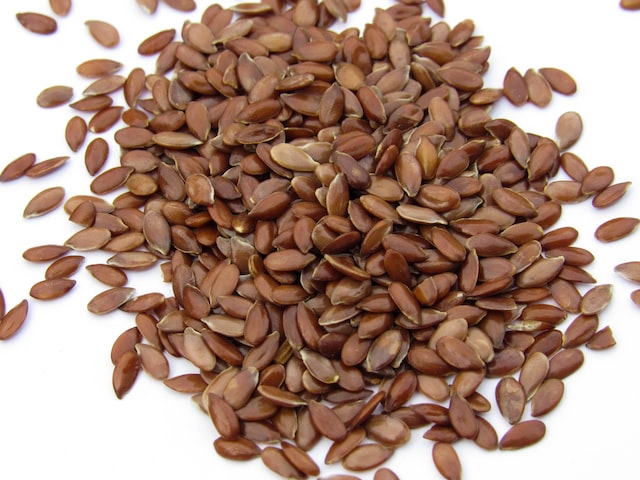
Ground Flaxseeds
Flax is a plant with many health benefits, including reducing the risk of heart disease, cancer, stroke, and diabetes. It contains the “good fat” omega-3 fatty acids, which are good for your heart. Flax also contains fiber and antioxidant properties due to lignans, which are beneficial plant chemicals. Flaxseeds are used in a lot of foods, such as whole-grain breads, cereals, and snacks. When using them at home, it is ideal to purchase the flaxseed whole and store it in the refrigerator. Process them in a blender or coffee grinder. However, for the sake of time and convenience, I purchase ground flaxseeds and skip this step. To make a “flegg” for each egg called for in a recipe, use 1 tablespoon of flaxseeds and add 2–3 tablespoons of water. Add the water slowly while whisking vigorously. Whisk until the mixture takes on a gel-like consistency. Let sit for at least 10 minutes. Refrigerating the mixture helps to speed up the process. Since flaxseeds have a nutty taste, use this egg replacement for making things like whole-grain breads, muffins, and pancakes.
Chia Seeds
Chia seeds are the edible seeds of the chia plant. They too are rich in fiber, omega-3 fatty acids, and antioxidants, as well as iron and calcium. Just like with ground flaxseeds, the math is super easy here, too: 1 tablespoon of chia seeds plus 3 tablespoons of water equals 1 chia egg (a “chegg” dare I say?). Again, let the mixture set for 10 minutes, refrigerating if desired. However, due to their dark color (unless you use white chia seeds), I would recommend using chia seeds only in darker items like chocolate cake, brownies, or zucchini bread.
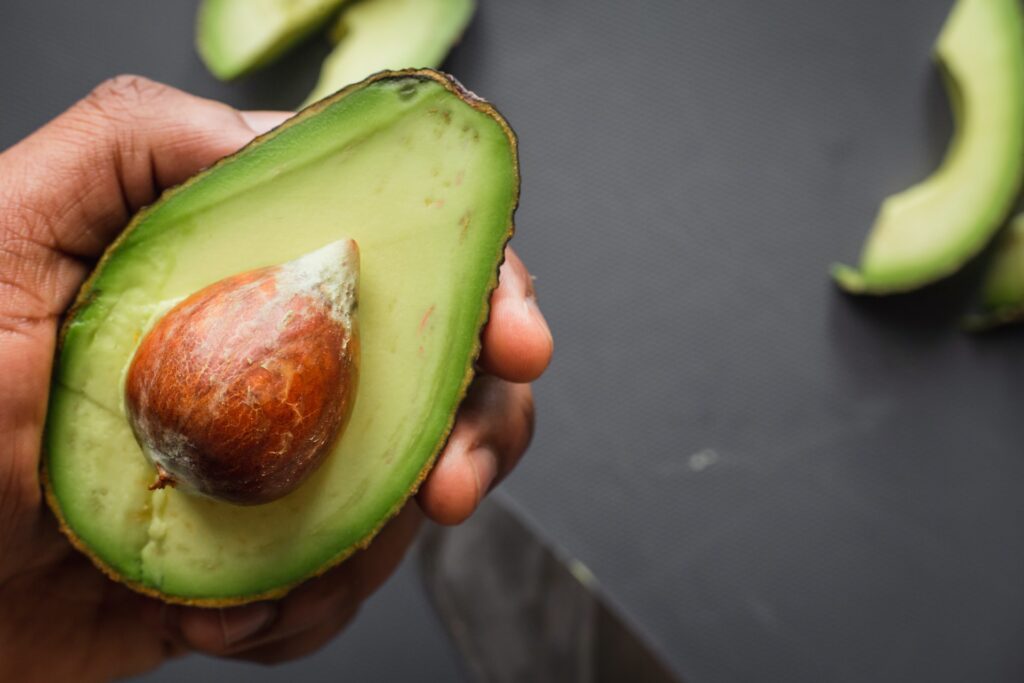
Ripe Avocadoes
As an avowed avocado-holic, I never need an excuse to include avocado in a dish. But how much more awesome is it to know that these beauties can also be the egg’s much healthier and prettier understudy and can even steal the show? What a coincidence that avocadoes are shaped like eggs, too!
Anywho, I used ripe avocadoes instead of eggs to create my vegan Avocado Waffles. The replacement is one medium-sized avocado for each large egg. The pretty flecks of green they add to the batter are an additional bonus. Just think of what a kitchen rock star your family will think you are when you serve them green-tinged waffles for St. Patrick’s Day! Be warned: once you go avocado, you may never go back. For the avocado newbie, fret not: avocadoes have a mild-enough taste that they do not alter your plans for your dish. For more on the health benefits of avocadoes, click here.
Tofu
Tofu is another egg replacement option. Tofu is made from soybeans and water. It is then pressed into blocks and comes in different textures: silken, medium, and firm or extra firm. It is an excellent source of protein, fiber, minerals, and vitamins.
For a scrambled egg replacement, I use the firm texture and add turmeric to give it that classic yellow color. To replace binding ingredients and thickening agents in baked goods, pie fillers, quiche, or sauces, silken tofu seems to yield the best results.
The nice thing about tofu is that it blends well with most flavors. Flaxseeds, in contrast, have a distinct nutty flavor. Tofu is very bland on its own and pairs well with stronger ingredients. Another benefit is that it is widely available in most areas, even in regular supermarkets. To use in baked goods, just blend or process the tofu in your blender until it is smooth. A food processor also may work, but it is important to make sure that there are no lumps and that the texture is as smooth as possible. This step is not necessary if you are doing a scramble egg replacement. To replace 1 large egg, use 1⁄4 cup of processed tofu for each egg. The same amount of unflavored soy yogurt will work just as well.
You will likely need to do some experimenting to see which recipes work best with tofu as an egg substitute. As is the case with all of these substitutes, it all depends on the kinds of recipes you try and your personal preferences.
Commercial Egg Replacement Products
There are several vegan-friendly egg replacement products available at your local store. Read the package to make sure they are truly vegan and that they do not contain any animal by-products. They come in both powdered and refrigerated liquid forms. Keep in mind that these may have additives or preservatives since they are processed products.
Since there are several brands on the market, it may take a while to find one that you like the most. When using these items, be sure to follow the package instructions. Be on the lookout for them in your local grocery store, health food store, or online.
Egg replacement powders get mixed reviews. Some people like them a lot, others not so much. They are definitely convenient and good to have on hand. Once you get used to plant-based cooking, you will start to learn your preferences and identify your must-haves.
Honorable egg replacement mentions include applesauce, black salt, tapioca starch, and chickpea flour. A simple Google search will show you many recipes that feature these egg replacement options. Go forth and experiment!
For recipes featuring these plant-based egg substitutes and more, grab your copy of Doc, Fix My Plate! The Physician In The Kitchen’s Prescriptions for Your Healthy Meal Makeover.

